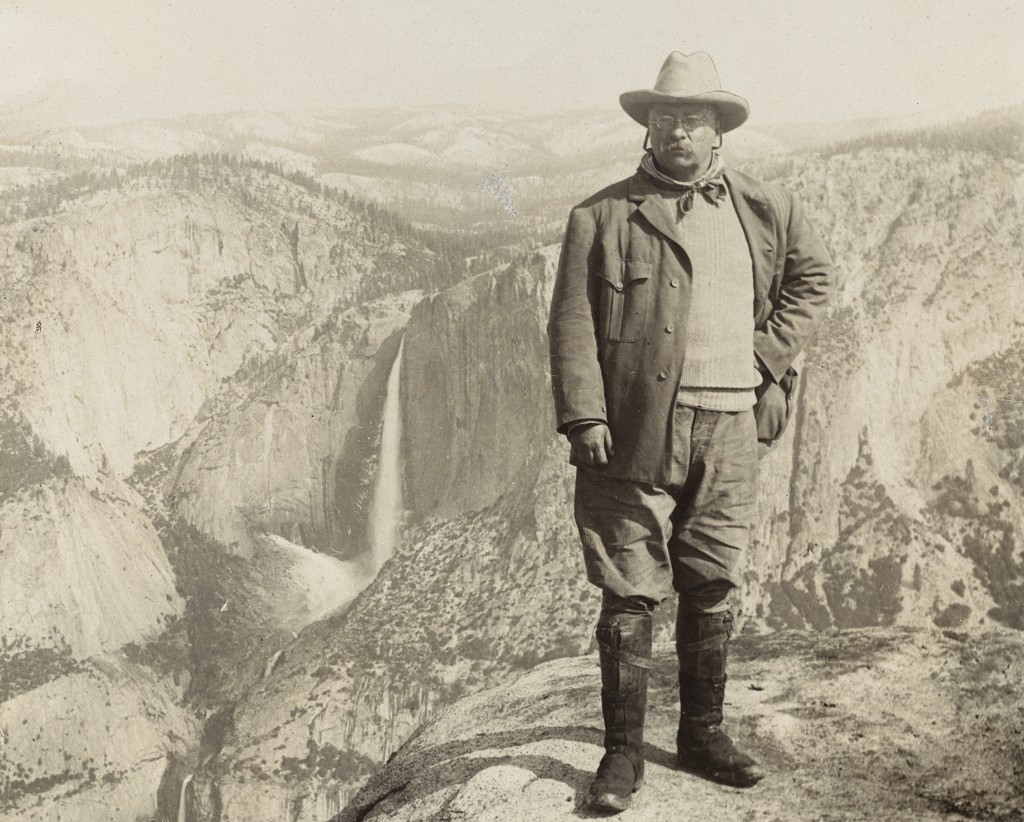Movement Conserved

In which the New Yorker (dot com) reminds us that the history of the conservation strain of American environmentalism is not a little racist:
[Madison] Grant’s fellow conservationists supported his racist activism. Roosevelt wrote Grant a letter praising “The Passing of the Great Race,” which appeared as a blurb on later editions, calling it “a capital book; in purpose, in vision, in grasp of the facts our people most need to realize.” Henry Fairfield Osborn, who headed the New York Zoological Society and the board of trustees of the American Museum of Natural History (and, as a member of the U.S. Geological Survey, named the Tyrannosaurus rex and the Velociraptor), wrote a foreword to the book. Osborn argued that “conservation of that race which has given us the true spirit of Americanism is not a matter either of racial pride or of racial prejudice; it is a matter of love of country.”
Even after conservation gradually blended with environmentalism and thus became primarily identified as a liberal cause — because modern conservative orthodoxy no longer allows even entertaining modest impingements to the operation of enterprise, no matter how moral or sensible — it has remained primarily led by well-off whites. As Jedidiah Purdy points out, “a 2014 study found that whites occupied eighty-nine per cent of leadership positions in environmental organizations.” But in 2015 one can be sure that the current principals of the conservation and environmental movement have become sufficiently enlightened to care as much about the kinds of environmental burdens largely borne by poor communities — where, for instance, waste facilities are disproportionately located, according to Purdy — as they do about maintaining the semi-pristine conditions of the wilderness they love to hike through in head-to-toe Patagonia, right?
